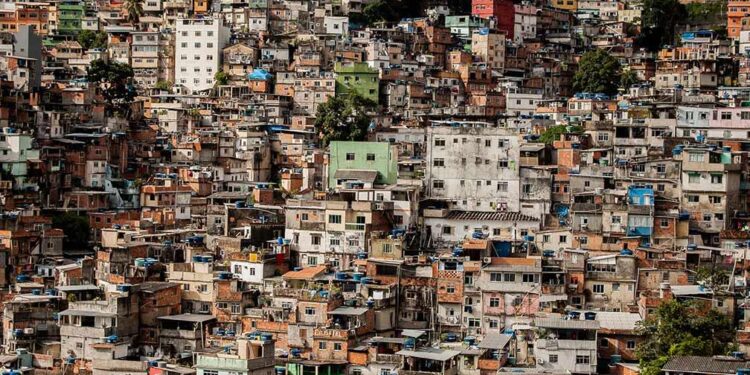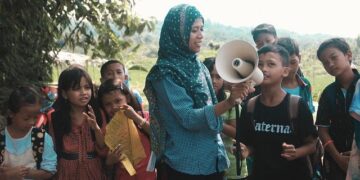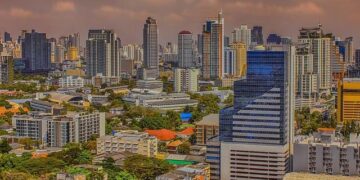Urban Poverty in Yangon: Insights and Strategies from the United Nations Development Programme
As urban centers worldwide confront the multifaceted challenges of poverty, Yangon—Myanmar’s largest metropolis and economic hub—emerges as a compelling case study. Formerly the nation’s capital and a beacon of cultural richness, Yangon now faces a pressing dilemma: managing swift urban growth alongside escalating poverty rates. The United Nations Development Programme (UNDP) has conducted an in-depth analysis to unravel the socio-economic dynamics fueling this crisis. This article delves into their key discoveries, emphasizing urgent policy actions and sustainable frameworks necessary for fostering inclusive growth amid ongoing economic volatility and social disparities.
Dissecting the Drivers Behind Urban Poverty in Yangon
The roots of urban poverty in Yangon are complex, shaped by intertwined systemic issues that perpetuate hardship for many residents. A major contributor is accelerated urban migration, with large numbers relocating from rural regions seeking improved livelihoods. This influx has overwhelmed city infrastructure, resulting in densely populated informal settlements where adequate housing remains scarce. Additionally, much of Yangon’s workforce operates within an informal sector, characterized by precarious employment with minimal wages and no job security.
Compounding these challenges is limited access to fundamental services such as quality education, healthcare facilities, clean water supply, and sanitation systems—factors that collectively hinder upward mobility for marginalized groups.
Political instability coupled with ineffective governance structures further exacerbates these conditions. Corruption within local authorities often stalls or dilutes anti-poverty initiatives while social protection programs remain insufficiently developed or poorly targeted to reach those most at risk.
| Main Factor | Description |
|---|---|
| Rapid Urban Migration | Lack of strategic planning amid high rural-to-urban population shifts. |
| Informal Employment Sector | Dominance of unstable jobs offering low income without benefits. |
| Insufficient Basic Services | Poor availability of housing, education opportunities, healthcare access. |
| Inefficient Governance & Corruption | Bureaucratic hurdles limiting effective policy implementation. |
| Lackluster Social Safety Nets | Poorly designed support systems failing vulnerable populations. |
The Widening Economic Divide: Consequences for Local Communities
Economic inequality within Yangon starkly illustrates how uneven resource distribution impacts daily life across neighborhoods. A significant segment lives below national poverty thresholds—a reality reflected through restricted access to essential services like healthcare and schooling alongside limited job prospects.
Key contributors intensifying this divide include:
- Poor availability of quality educational institutions particularly affecting low-income families;
- A disproportionately high unemployment rate among disadvantaged groups;
- The chronic underfunding of public amenities servicing impoverished districts.
According to UNDP data from 2023, nearly 30% of Yangon’s population subsists under conditions classified as multidimensional poverty—a figure underscoring persistent barriers to socioeconomic advancement.
Infrastructure disparities between affluent zones versus poorer communities are glaring: wealthier districts enjoy well-maintained roads, reliable sanitation networks, and abundant recreational spaces; meanwhile underserved areas face neglect marked by deteriorating facilities.
| Indicator | Affluent Districts | Economically Disadvantaged Areas | |||||
|---|---|---|---|---|---|---|---|
| Stakeholder Group < / th > | Role & Contribution < / th > < / tr > < / thead > |
|---|---|
| Government Agencies
< / t d > | Policy formulation, budget allocation, & infrastructure projects implementation
< / t d > < / tr > |
| Nongovernmental Organizations (NGOs)
< / t d > | Catalyzing community engagement, support capacity building,& advocacy campaigns
< / t d > < / tr > |
| The Private Sector
< / t d > | Spearheading investments,& technological advancements,& creating employment opportunities
& nbsp ;civil society organizations ,& nbsp ;and affected communities alike ,& nbsp ;Yangon can pave pathways toward more equitable development . The outlined roadmap offers practical tools aimed at dismantling barriers hindering progress while fostering resilience .Ultimately , sustained commitment will be essential ensuring no resident is marginalized during this transformative journey toward prosperity . |














